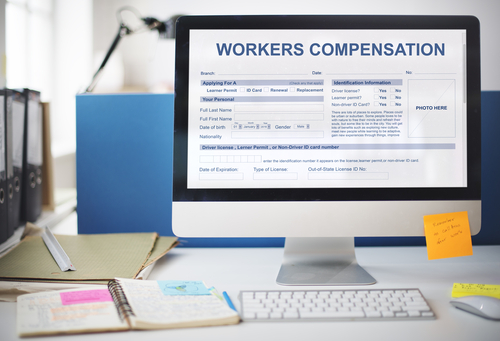
Being injured at work can lead to significant disruptions in your health, career, and personal life. Illinois’s workers’ compensation system is intended to pay you for some of your losses so you can get back to work quickly. Learn about how long it takes to receive workers’ comp below and talk to our workers’ compensation lawyers in Cook County if you have legal questions.
The Illinois Workers’ Compensation Act offers immediate temporary total disability (TTD) benefits that cover 100% of your medical expenses and about 2/3 of your average weekly wage. However, if you have a permanent partial disability (PPD), you may wonder how long it takes to resolve your claim and receive a lump sum payment.
You can assume that your company’s workers’ compensation insurance provider will try to offer as low a settlement as possible. While the timeline varies, 12 to 18 months is a typical time to come to a settlement agreement for workers’ compensation. But this can extend to 24 months or even more if the insurance company fights the claim.
You can usually expect the insurance company to contest your claim, so having an experienced Illinois workers’ compensation attorney is essential to getting the best settlement. Your attorney can negotiate with the insurance company to get you the most money and file a lawsuit if negotiations break down.
Many things can influence how long it takes to receive a workers’ compensation settlement. Some of these factors include:
You must have a state of permanency to decide how much workers’ compensation you receive. This means your physician must determine that you recovered from your illness or injury as much as possible and have achieved maximum medical improvement (MMI). Reaching MMI for a serious injury could take longer than a minor one.
Most companies want to lower the number of approved workers’ compensation claims to keep their insurance premiums low. If your company wants to do this, they could question the claim, arguing that your injury is unrelated to work. Or, they could claim that you can return to work sooner because you are not as seriously hurt as you claim. Any dispute on your employer’s part can delay the settlement process.
It is natural for many injured parties to delay hiring an attorney to see if they can resolve it without a legal dispute. However, waiting until you have a workers’ compensation dispute to retain an attorney is not recommended. Once there is a dispute, you may not be able to obtain critical evidence, or you may have received subpar medical care that affects your claim. Waiting to hire an attorney until there is a problem will only delay your settlement, so bring in an experienced attorney early in the process.
If you have a workplace injury, you want to receive a settlement for your injuries promptly. Contact our workers’ compensation lawyers in Cook County at The Law Offices of Robert T. Edens, P.C. for assistance with your workers’ comp case at (847) 395-2200.